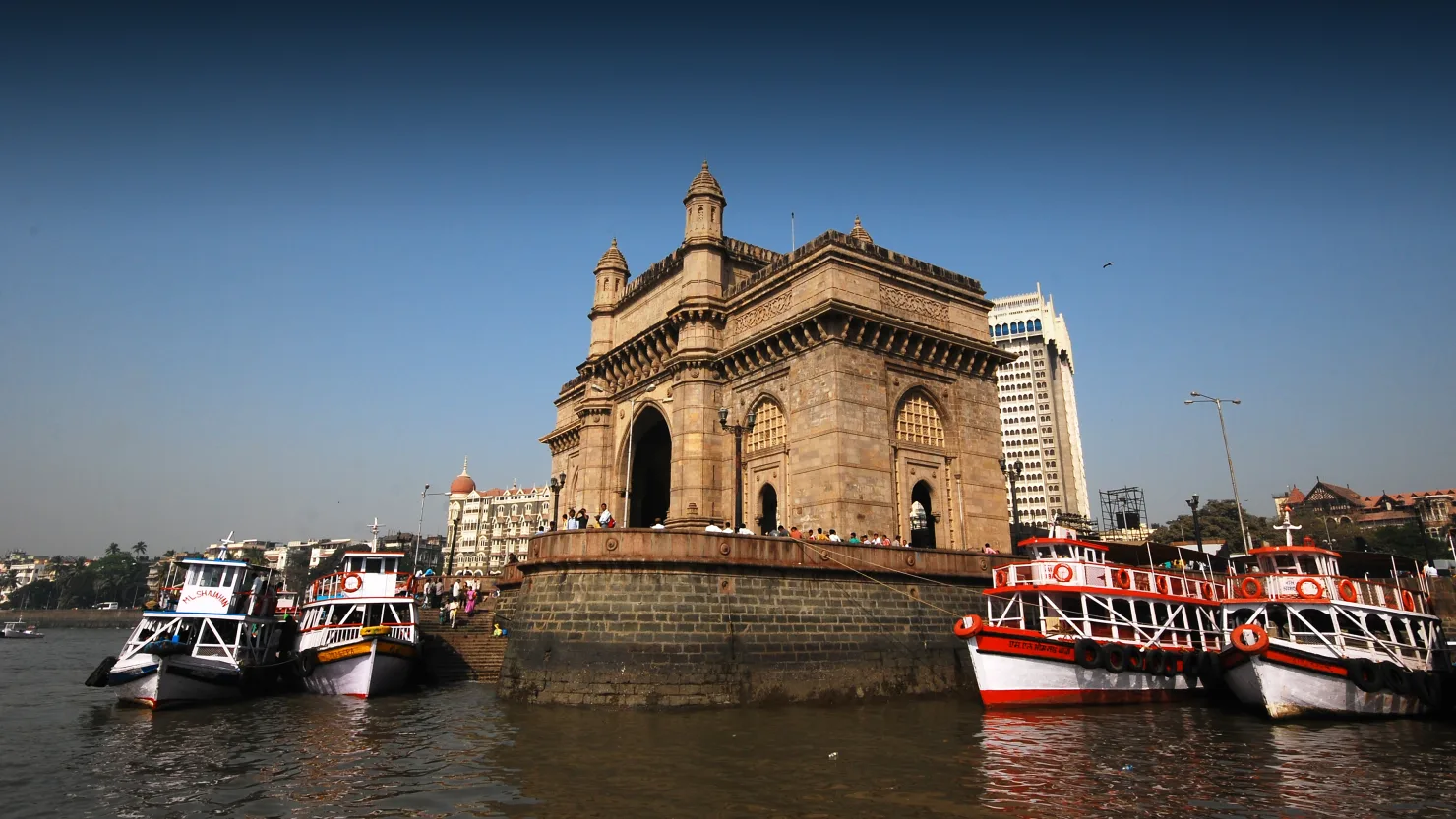Centre-Left D66 Surges in Dutch Elections, Ending Far-Right Momentum

The Netherlands has swung back toward the political centre after the country’s general election delivered major gains for the progressive D66 party, halting the rise of far-right populism that once seemed unstoppable.
With 90 percent of votes counted early Thursday, both D66 and Geert Wilders’ Freedom Party (PVV) were projected to win 26 seats in the 150-seat parliament, but the momentum clearly belonged to D66, which nearly tripled its seats compared to the last election.
The results mark a steep decline for Wilders, the firebrand nationalist often dubbed the “Dutch Trump,” whose anti-Muslim, anti-immigration platform dominated headlines but failed to hold voters’ trust after a chaotic governing stint.
“Of course, we would have liked to win more seats,” Wilders admitted on election night. “But it’s not as if we were wiped off the map.”
Even so, mainstream parties have ruled out forming a government with him, effectively ending his shot at power.
Instead, all eyes turned to 38-year-old Rob Jetten, the D66 leader who is now poised to become the Netherlands’ youngest and first openly gay prime minister.
At D66’s jubilant headquarters, supporters waved Dutch flags and chanted, “Yes, we can.”
“We’ve shown not only to the Netherlands, but also to the world that it is possible to beat populist and extreme right movements,” Jetten told the crowd. “Millions of Dutch people today turned a page and said farewell to the politics of negativity, of hate, of endless ‘No we can’t.’”
Jetten’s rise has been fueled by promises to fix the country’s housing crisis, strengthen education, and manage immigration with compassion rather than fear.
The result is a symbolic setback for Europe’s far-right wave, and a sign that centrist, liberal politics can still find mass appeal when grounded in optimism and inclusivity.
Still, the work is just beginning. With 76 seats required for a governing majority, coalition talks could stretch for months. A likely outcome could see D66 partnering with the conservative Christian Democrats, the centre-right VVD, and the Greens-Labour alliance.









The latest news in your social feeds
Subscribe to our social media platforms to stay tuned